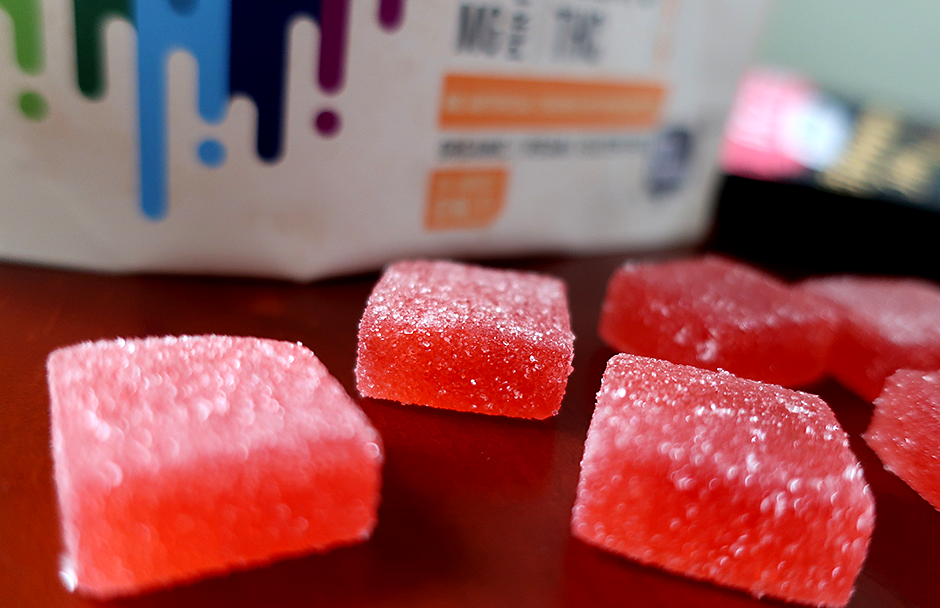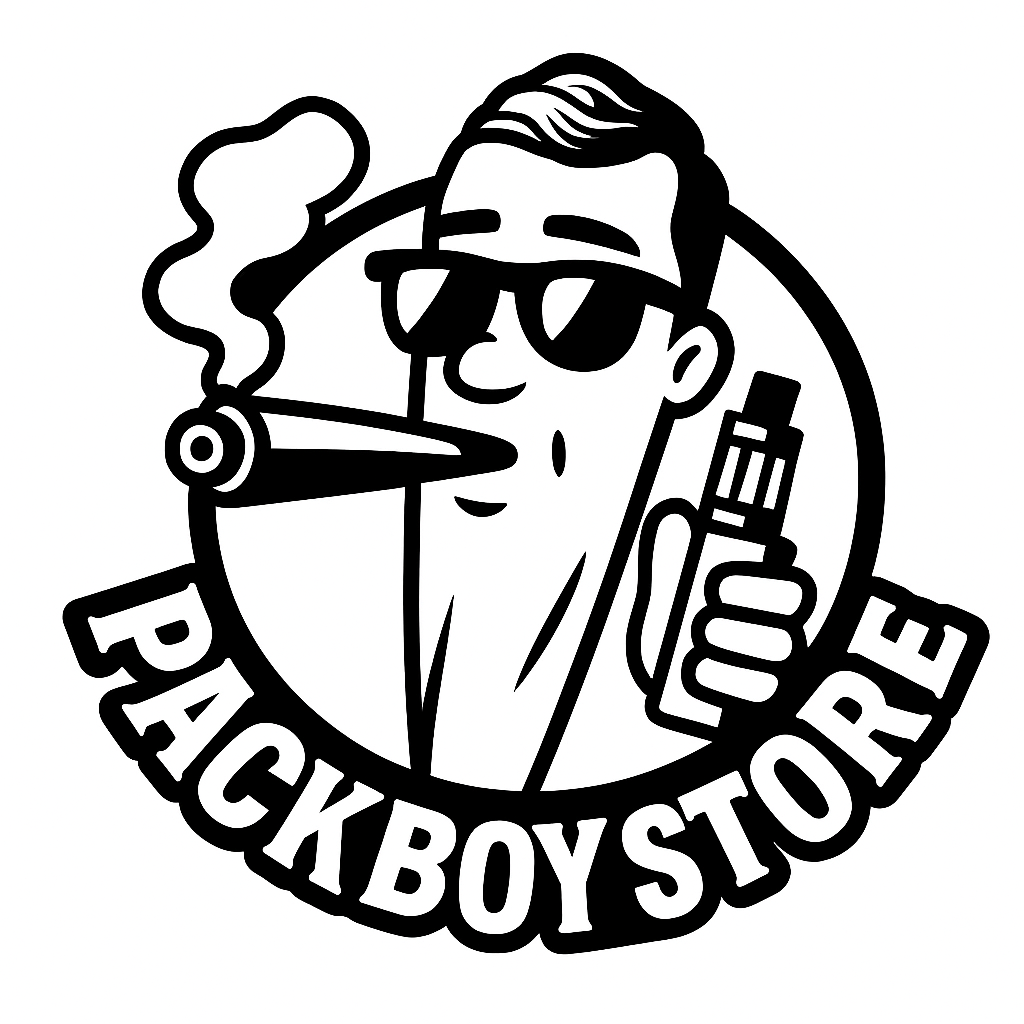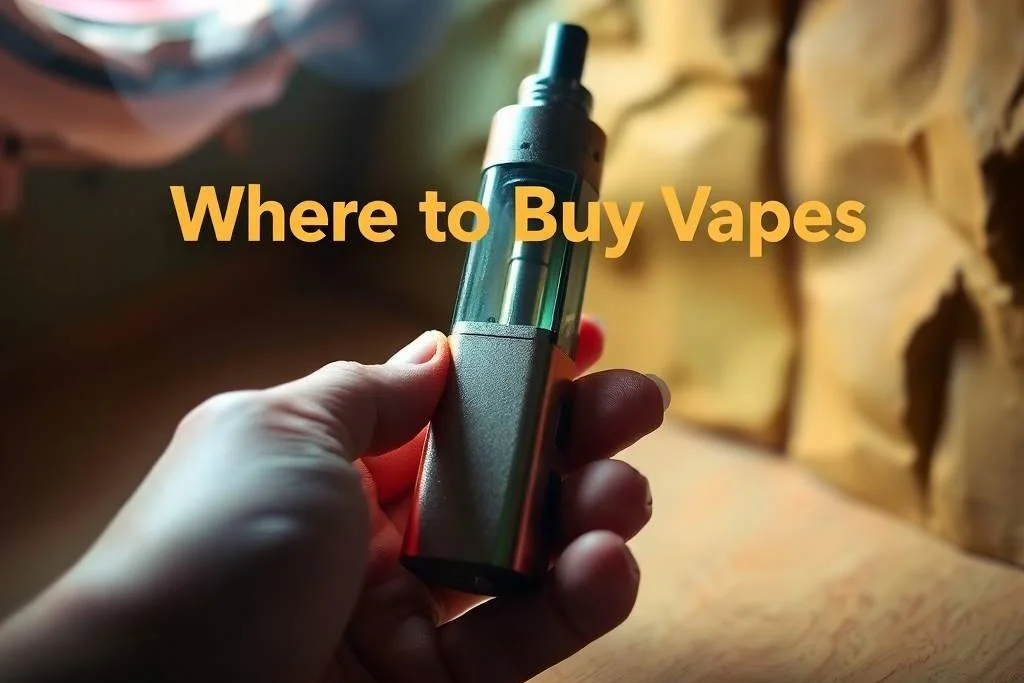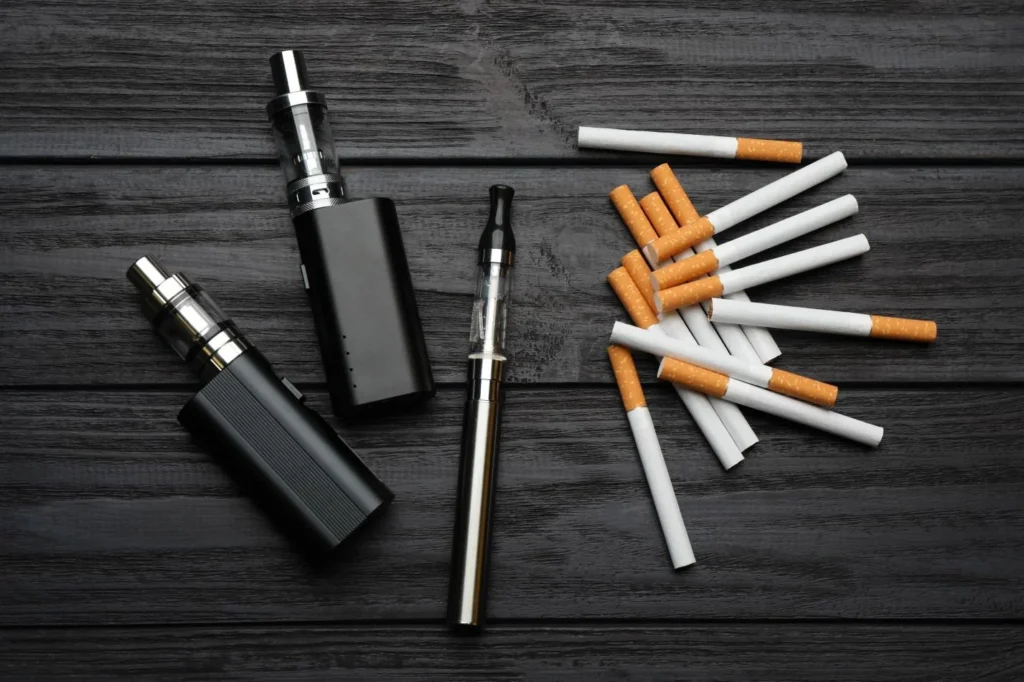Wisconsin’s Hemp Panic

Wisconsin’s Hemp Panic: Why Lawmakers Are Wrong About THC Gummies, Delta-8, and “Synthetic” Cannabinoids
Picture this: Wisconsin lawmakers gather in a committee room, wringing their hands over gummies. Not fentanyl. Not opioids. Not alcohol, which kills tens of thousands annually. Nope — hemp-derived THC gummies and beverages. The horror!
Here in 2025, some Wisconsin Republican legislators want to ban hemp-derived THC products statewide, citing that scary buzzword: synthetic. Cue dramatic thunderclap. But here’s the kicker — synthetic cannabinoids are already illegal. What they’re actually targeting are converted cannabinoids like Delta-8 THC, which come from hemp-derived CBD through a process called isomerization. Translation: it’s not Frankenstein chemistry, it’s just science speeding up what nature already does.
Before Wisconsin lawmakers torch the hemp market, let’s break this down.
Synthetic Cannabinoids vs. Converted Cannabinoids: Words Matter
- Synthetic cannabinoids: Dangerous lab-made drugs like K2 or Spice, designed to mimic THC but not found in nature. Already banned. Already dangerous. Case closed.
- Converted cannabinoids: Delta-8, Delta-10, HHC, THC-O, etc. These aren’t alien chemicals; they’re simply CBD molecules reshuffled into compounds that hemp naturally produces. Safe if tested. Legal if regulated.
Calling Delta-8 THC “synthetic” is like calling sourdough bread “illegal chemicals” because yeast sped up a natural process. It’s bad science and worse lawmaking.
👉 Want safe, tested, and legal hemp-derived THC products? Visit Packboy Store for a wide selection of Delta-8 gummies, hemp vapes, and cannabinoid products delivered right to your door.
The Garlic Bread Panic: Wrong Lesson Learned
Legislators love to point at the October 2024 Stoughton garlic bread case, where THC-laced food sickened 85 people. Yes, it was real. Yes, it was bad. But here’s the logic check:
- If a restaurant serves food with salmonella, do we ban chicken?
- If someone spikes a punch bowl, do we outlaw Kool-Aid?
- If one baker screws up THC handling, should every hemp farmer in Wisconsin lose their livelihood?
Of course not. The real solution is clear rules: enforce lab testing, licensing, packaging standards, and penalties for bad actors. What Wisconsin lawmakers are proposing is like banning ovens because someone burned toast.
A Comedy of Overreaction
Imagine a Capitol hearing:
- Chairperson: “Citizens are eating THC gummies!”
- Lawmaker #1: “Ban gummies!”
- Lawmaker #2: “What about THC soda?”
- Chairperson: “Ban that too!”
- Lawmaker #3: “What about lotion?”
- Chairperson: “Ban all plants to be safe.”
Sounds like satire, but sadly, it’s real policy talk. Lazy bans instead of real regulation.
What Smarter States Did Instead
Instead of panic, other states took measured approaches:
- Minnesota (2022–2025): Legalized hemp edibles at 5mg per serving, 50mg per package, created a Cannabis Office, and funded inspectors. Safer products, stable businesses.
- Kentucky & Tennessee (2023): Age restriction (21+), testing, labeling, and taxes instead of bans. Yes, even the Bible Belt managed better cannabis regulation.
- Virginia: Tried over-restriction with 2mg THC caps, and surprise — 82% of businesses ignored it. Overly strict laws backfire.
👉 See how Wisconsin can avoid their mistakes? Check out responsibly made hemp gummies and Delta-8 products at Packboy Store.
Why Regulation Beats Bans Every Time
Here’s why Wisconsin should stop waving the ban hammer:
- Demand doesn’t vanish – people will just order online or cross state lines.
- Jobs & farmers lose – hemp is one of Wisconsin’s oldest crops. A ban kills small businesses and hands profits to out-of-state corporations.
- Lost tax revenue – states like Minnesota and Kentucky collect taxes to fund public health and education. Wisconsin would get nothing but costs.
- Messy criminalization – are THC gummies a felony or candy? Courts won’t waste time sorting out Skittles from edibles.
The Adult Solution: Smart Regulation
Here’s what the hemp industry itself supports:
- 21+ age restrictions
- Serving caps (5–10mg per piece, 100mg per package)
- Mandatory testing for purity and potency
- Clear labels & warnings
- Licensing & inspections
- Reasonable taxes to fund enforcement and safety programs
That’s the adult way to govern — and it works.
What Wisconsin Risks with a Hemp Ban
- A booming black market with zero oversight
- More contaminated products, not fewer
- Hemp farmers and retailers crushed while consumers buy online elsewhere
- Years of costly litigation over vague definitions like “synthetic cannabinoid”
- Falling behind neighboring states that are already regulating
It’s prohibition déjà vu — the same failed playbook that never works.
Final Thought: Ban the Stupid, Not the Science
Wisconsin lawmakers are treating hemp-derived THC gummies, Delta-8 vapes, and hemp beverages like monsters under the bed. But here’s the reality:
- Synthetics like Spice are already banned.
- Converted cannabinoids just need oversight, not prohibition.
- Other states have already shown the way with sensible hemp regulations.
Regulation may be boring and bureaucratic, but it keeps people safe, products clean, and businesses honest.
👉 Don’t wait for lawmakers to catch up — get safe, tested, and legal hemp-derived THC products today at Packboy Store.








